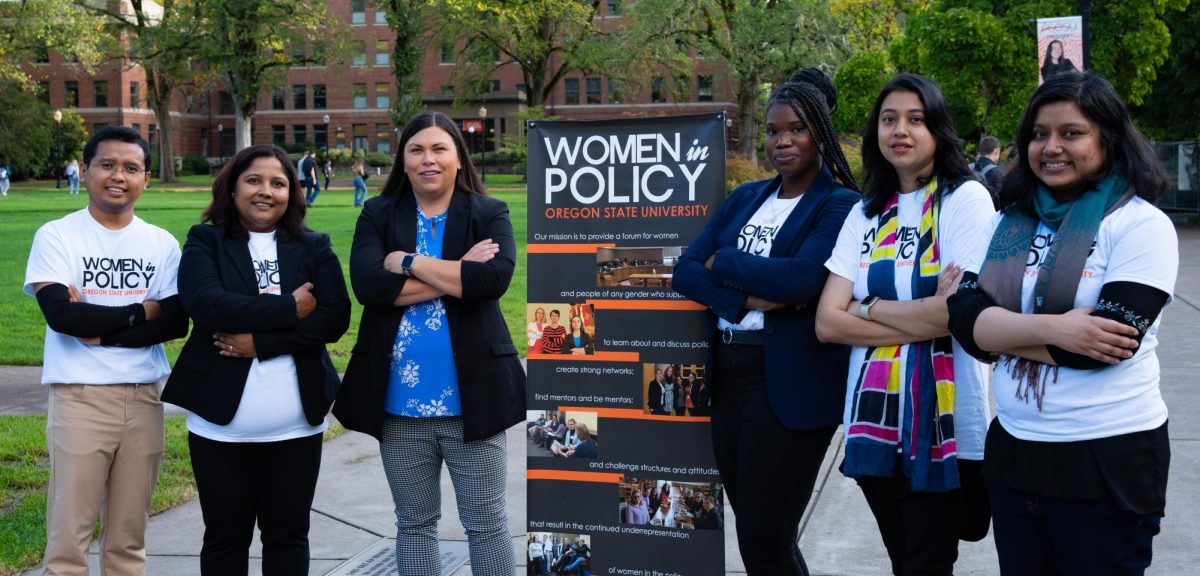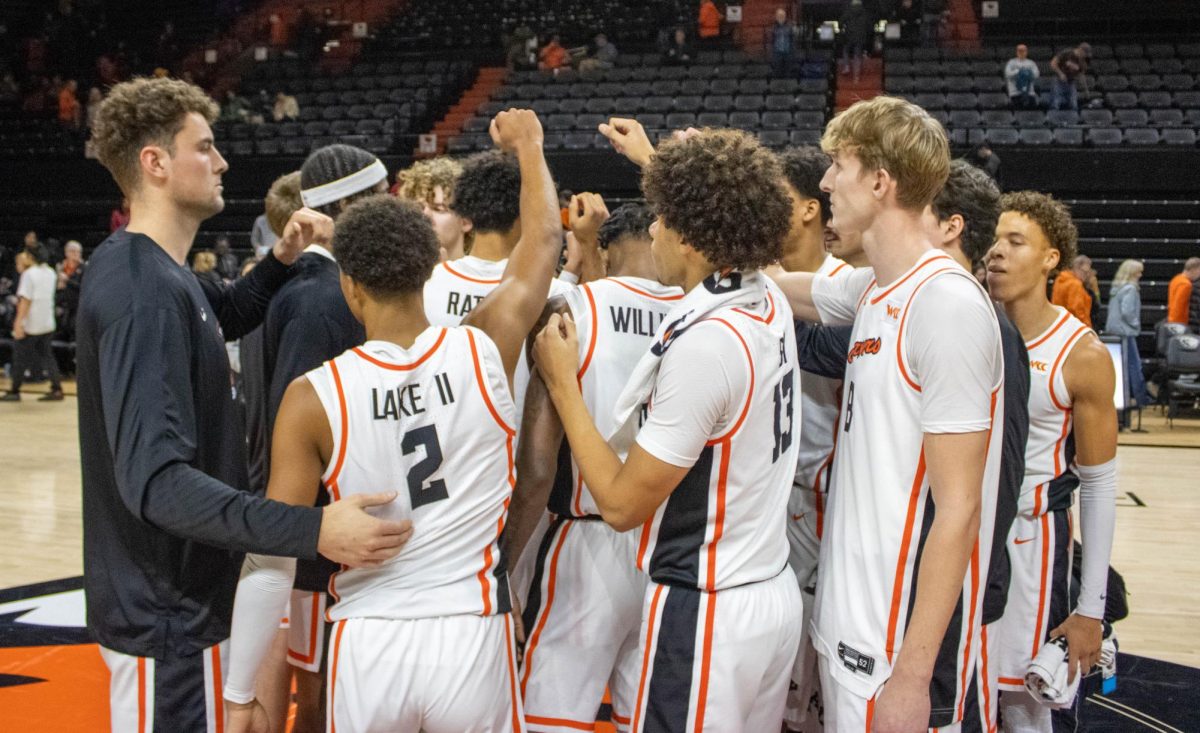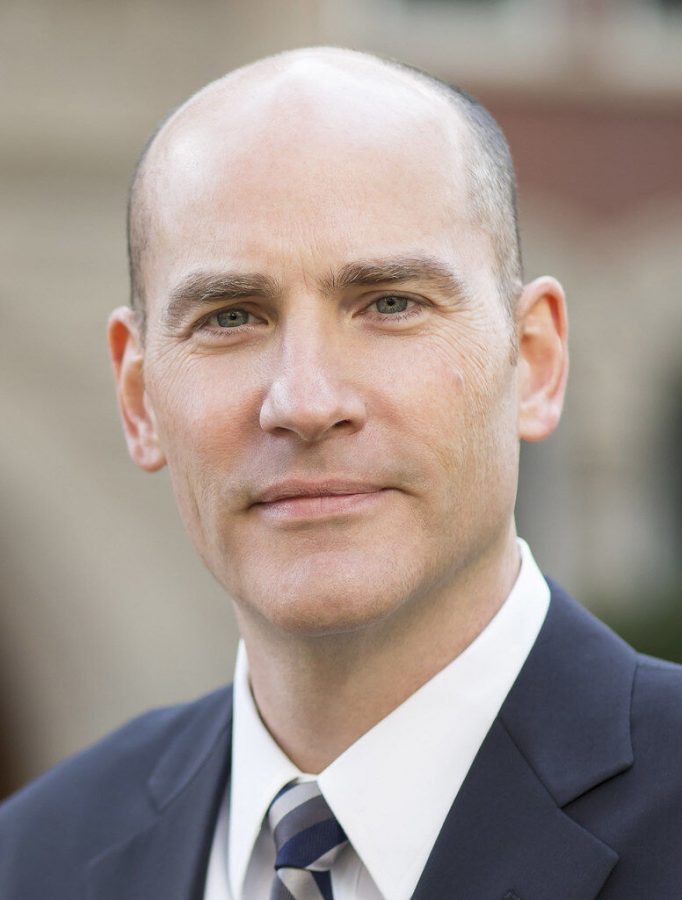The 2024 election has stirred the anxieties of many Americans, including those concerned with access to reproductive healthcare, from birth control pills to safe abortions.
Organizations like Women in Policy examine the implications and potential outcomes of legislation across a broad range of areas, from sustainable energy to family planning access.
“Living in a state where we are allowed to have a few more rights than others, it can definitely feel utopian. But to see it coming to play is going to be really tough,” said Kanchan Ojha, president of Women in Policy and a graduate student in public policy and environmental sciences.
Reproductive rights were a significant issue this year, with abortion protection or expansion measures featuring in 10 state ballots and passing in seven of them.
This and other factors indicate the amount of Americans who care about protecting reproductive rights, which may seem quite dissonant with the presidential and congressional lineup.
“Trying to channel everybody’s ideas and values and experiences into one person and one electoral outcome is never going to be a good reflection of (the United States’) diversity, so it is important for us to look more carefully at the other levels of elections,” said Catherine Bolzendahl, professor of sociology, director of the School of Public Policy and one of the faculty advisors of Women in Policy.
Reproductive rights are not the only area of policy that will have significant effects on American women. Women in policy are also concerned with intersectional issues, such as the ways restrictive renewable energy policy could primarily disadvantage low-income women of color.
“Woman-headed households and single-mother households have the least access to renewable energy. They have less access to resources, energy as well as economic resources. Their household income is very low,” said Umama Rahman, a third-year public policy PhD candidate and the upcoming vice president of Women in Policy.
Even if Donald Trump’s second term brings unwelcome change for some, the members of Women in Policy encourage people to stay optimistic and stay involved.
“Let’s be positive, let’s be optimistic, there’s always a silver lining even in the darkest cloud. We all need to keep doing what is good in our own hand, and then the world will be a better place,” said Ankit Koirala, a graduate student in public policy and applied economics, and a lead officer of the club.
“The political cycle continues, and for the democratic process to work, we have to be involved, and we have to make our voices heard,” Bolzendahl said.
Those looking to get involved in Women in Policy can find more information on the OSU website. Other policy-related clubs at Oregon State for students looking to get involved include People of Color in Politics and Law, LEAP, and Pre Law Society.




















































































































